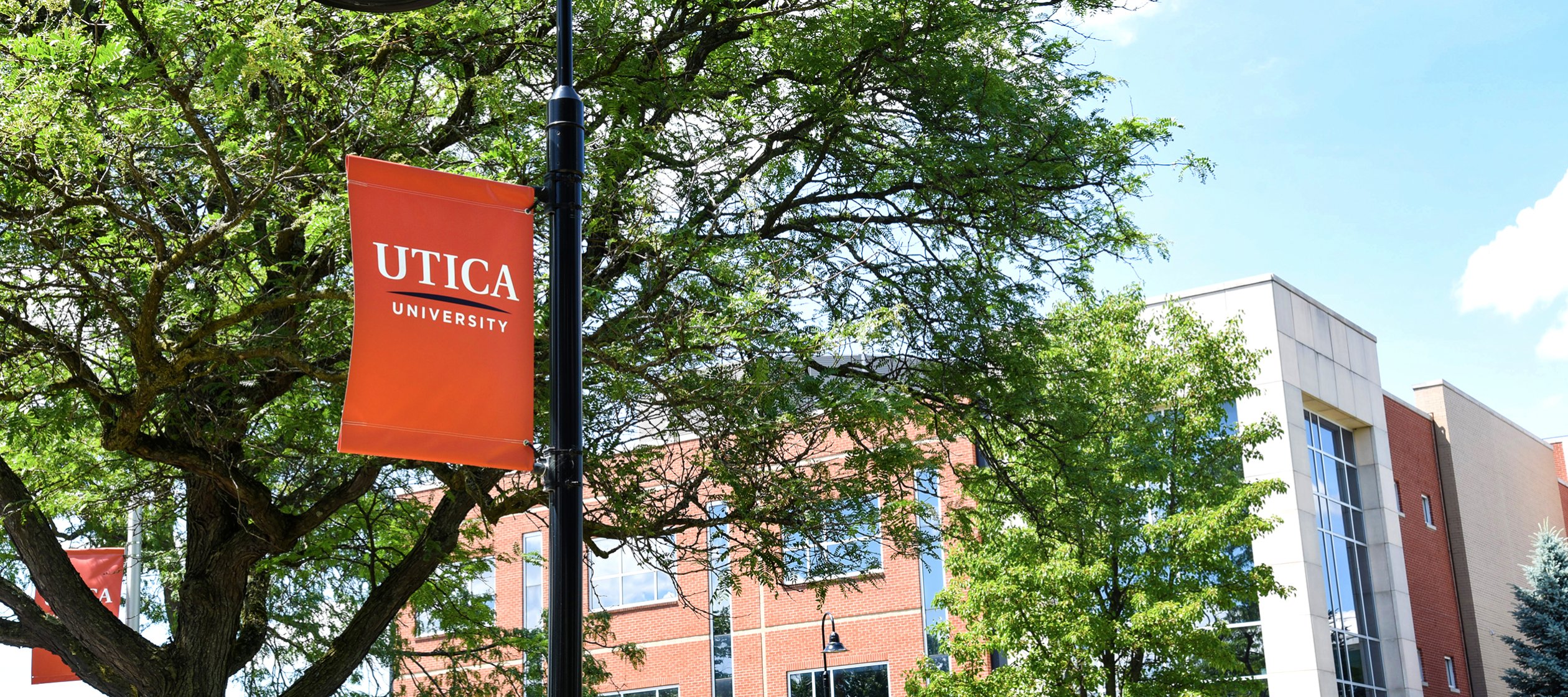Policy not found.

Policies
Related Documents
There are no related documents at this time.I would like to see logins and resources for:
For a general list of frequently used logins, you can also visit our logins page.
